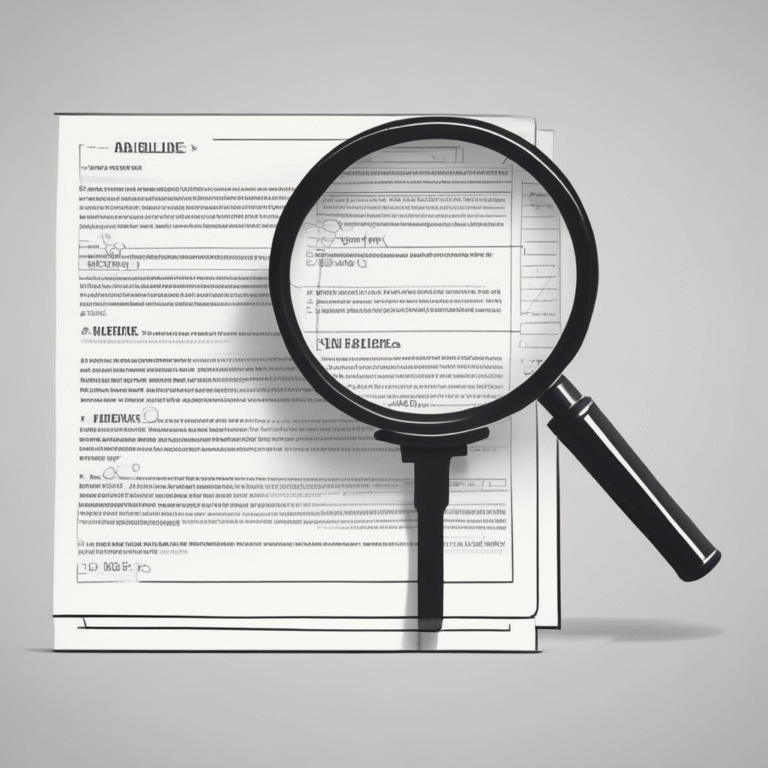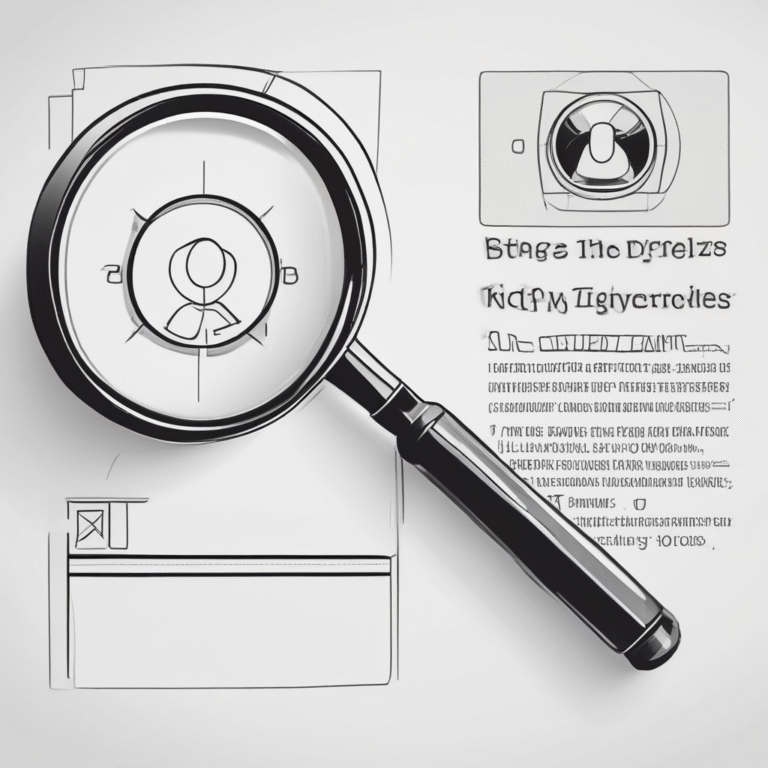The Critical Need for Governance, Risk, and Compliance in Healthcare AI
As artificial intelligence (AI) transforms healthcare, organizations are presented with unprecedented opportunities and risks. From clinical decision support to patient engagement, AI-enabled technologies promise efficiency and innovation. However, without robust governance, risk management, and compliance (GRC) frameworks, these advancements can lead to ethical dilemmas, regulatory violations, and potential patient harm.
The Risks of Unregulated AI in Healthcare
AI applications in healthcare, such as natural language processing for clinical transcription or machine learning for disease diagnosis, carry inherent risks:
- Bias and Inequity: AI models trained on biased datasets can perpetuate disparities in care.
- Regulatory Non-Compliance: Regulations such as HIPAA, GDPR, and emerging AI-specific laws require rigorous adherence.
- Lack of Transparency: “Black box” algorithms undermine trust in AI-driven decisions.
Without effective GRC programs, healthcare organizations risk facing financial penalties, reputational damage, and, most critically, potential patient harm.
The NIST AI Risk Management Framework: A Roadmap for Healthcare
The National Institute of Standards and Technology (NIST) AI Risk Management Framework (RMF) 1.0 provides a structured approach to mitigate AI risks. Key steps include:
- Governance: Establish clear accountability for AI systems, including oversight committees and ethical guidelines.
- Risk Assessment: Identify and prioritize risks specific to AI use cases, such as diagnostic errors in image analysis.
- Compliance Integration: Align AI deployments with existing healthcare regulations and future-proof for evolving standards.
Implementing the NIST AI Risk Management Framework can help organizations ensure that AI systems are transparent, explainable, and auditable.
Shaping Responsible AI
Organizations need tailored solutions to navigate the complexities of AI in healthcare:
- AI GRC Training: Equip teams with the skills necessary to manage AI-related risks.
- Fractional AI Officer Services: Embed GRC expertise into organizational leadership.
- Platform-Agnostic Advisory: Support unbiased AI strategy, including integrations with platforms like Salesforce Agentforce.
Call to Action
For healthcare leaders, the time to act is now. Proactive GRC programs are not just a regulatory requirement; they are a competitive advantage. It is essential to build a governance strategy that aligns innovation with accountability.
Conclusion
As AI continues to evolve within the healthcare landscape, the integration of governance, risk management, and compliance frameworks is critical. By embedding these frameworks into AI deployments, organizations can ensure that innovations are effective, ethically sound, and compliant with regulatory standards.










